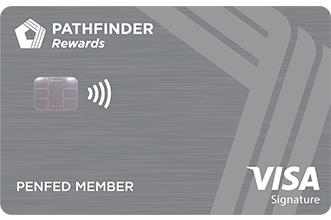Best Credit Cards – Quick Answer
- Chase Sapphire Reserve® Card: Best for Travelers
Compare Credit Cards and Find the Best for You
| Company | Card name | Annual Fee | APR: | Max. Credit | Card System | Travel Insurance | |
|---|---|---|---|---|---|---|---|
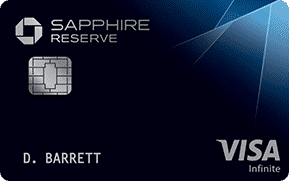
| Chase Sapphire Reserve® Card | $550 | 21.49% | $10,000 | Visa | Yes | See offer |
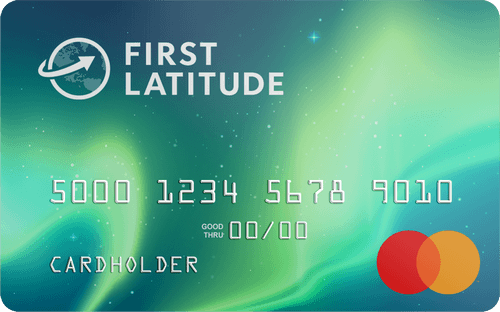
| First Latitude Platinum Mastercard® Secured Credit Card | $25 | 23.74% | $2,000 | Master Card | No | See offer |

| OpenSky® Plus Secured Visa® Credit Card | $0 | 29.99% | $3,000 | Visa | No | See offer |
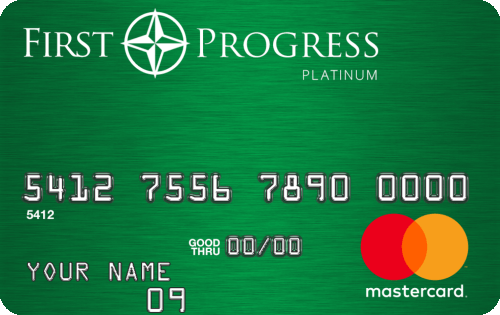
| First Progress Platinum Elite Mastercard® Secured Credit Card | $29 | 24.49% | – | Master Card | No | See offer |
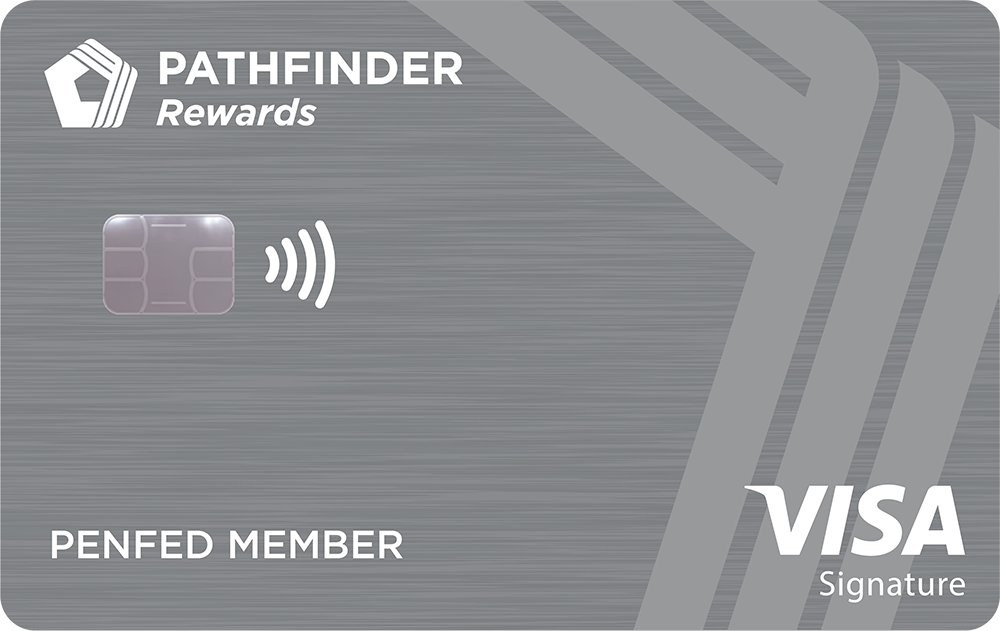
| PenFed Pathfinder® Rewards Visa Signature® Card | $95 | 17.99% | – | Visa | No | See offer |
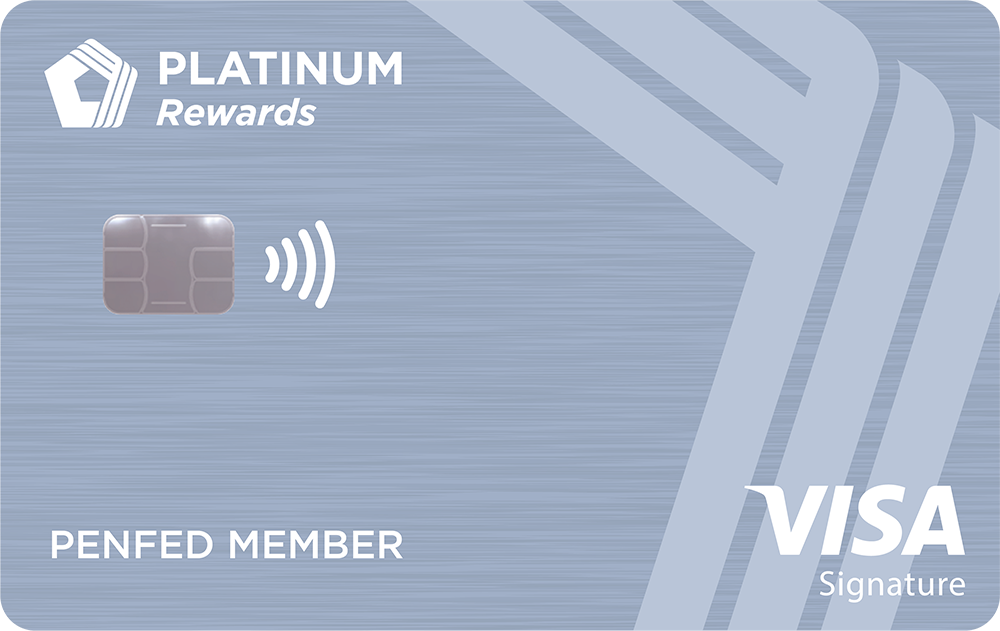
| PenFed Platinum Rewards Visa Signature® Card | $0 | 17.99% | – | Visa | No | See offer |
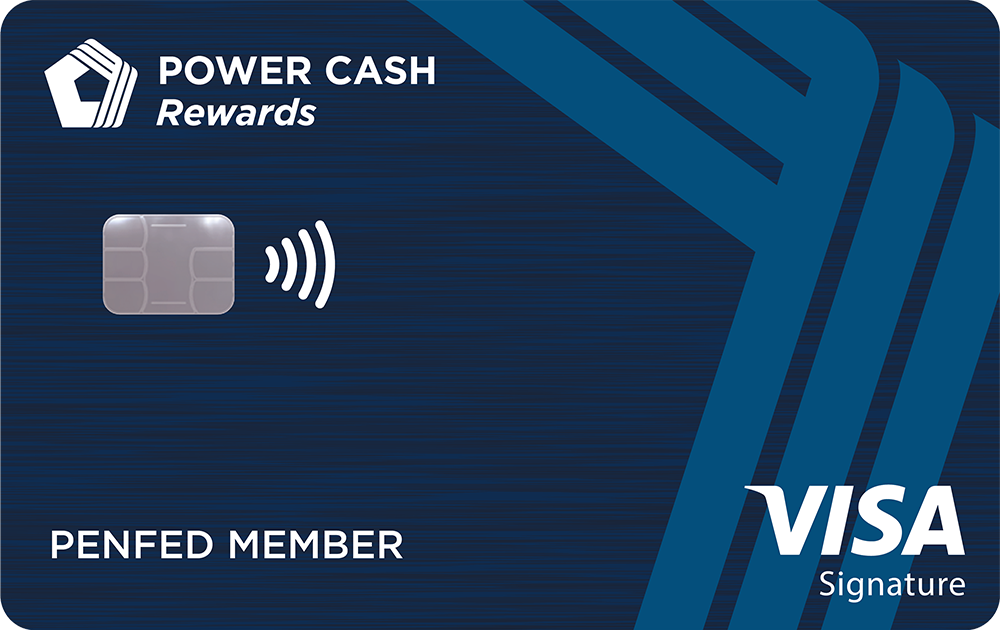
| PenFed Power Cash Rewards Visa Signature® Card | $0 | 17.99% | – | Visa | No | See offer |
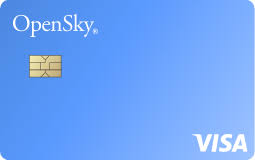
| OpenSky® Secured Visa® Credit Card | $35 | 25.64% | $3,000 | Visa | No | See offer |
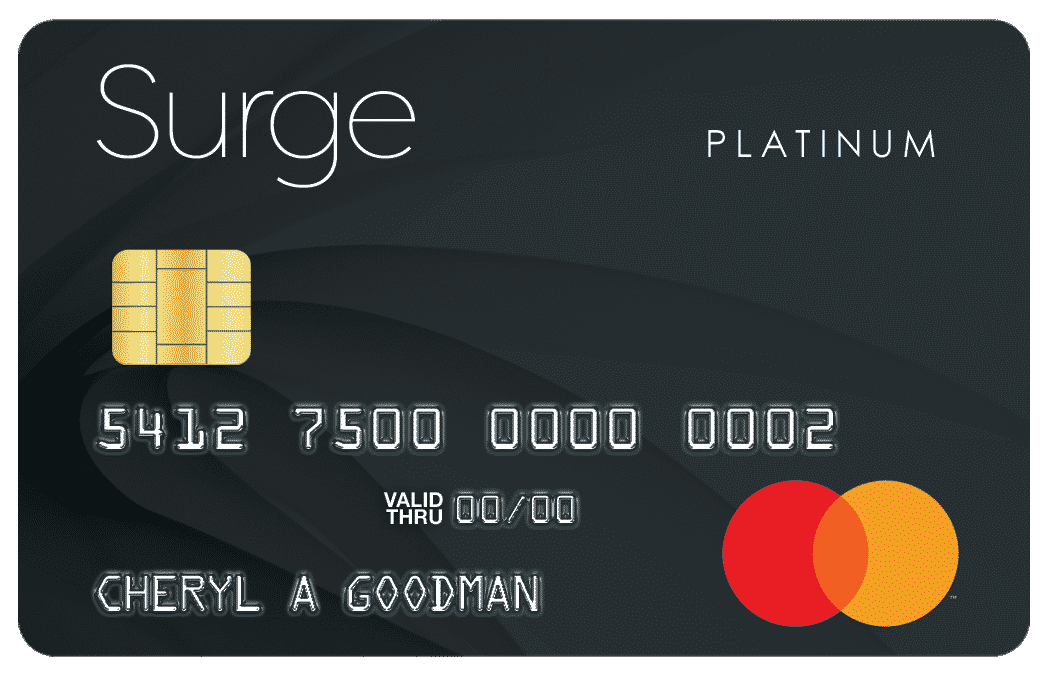
| Surge® Platinum Mastercard® | $75 | 29.99% | $2,000 | Master Card | No | See offer |
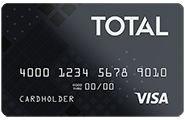
| Total Visa® Unsecured Credit Card | $75 | 35.99% | $300 | Visa | No | See offer |
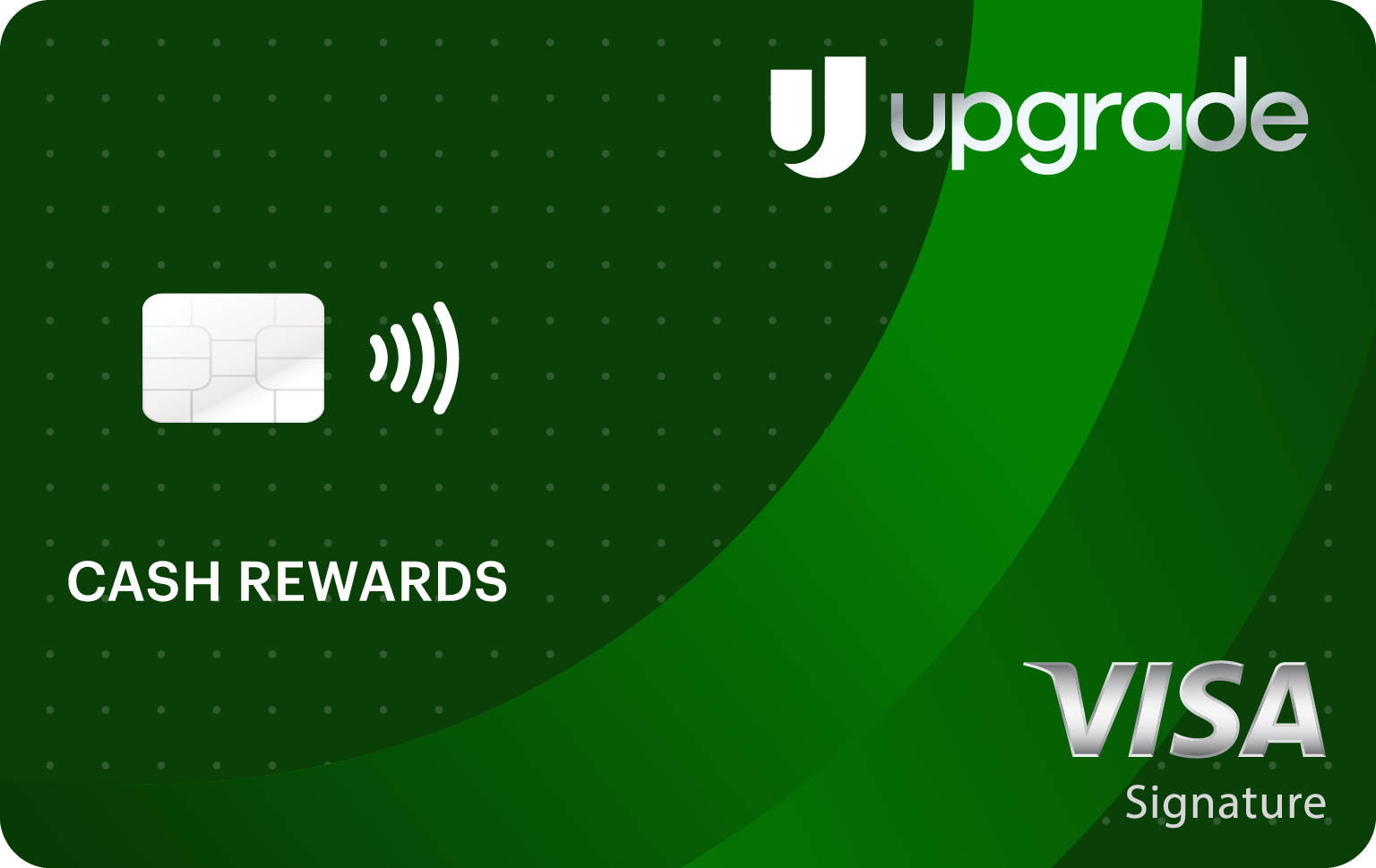
| Upgrade Card | $0 | 14.99% | $25,000 | Visa | No | See offer |

| Upgrade Cash Rewards Visa® | $0 | 14.99% | $25,000 | Visa | No | See offer |
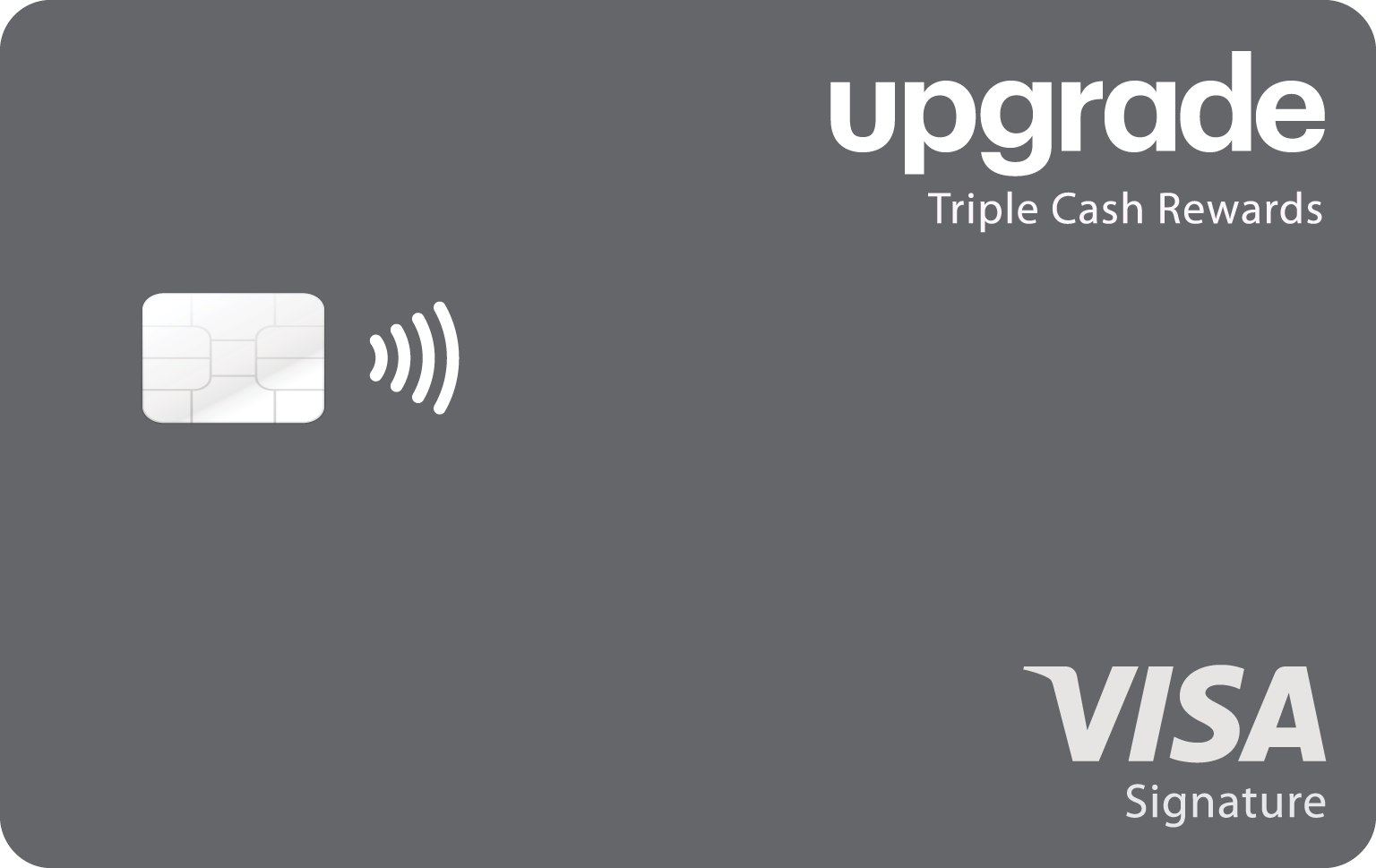
| Upgrade Triple Cash Rewards Visa | $0 | 14.99% | $25,000 | Visa | No | See offer |
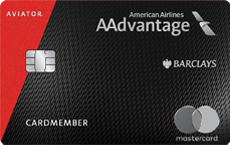
| AAdvantage® Aviator® Red World Elite Mastercard® | $99 | 20.49% | – | Master Card | No | See offer |
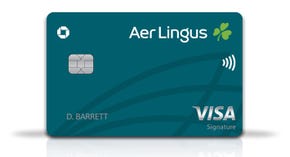
| Aer Lingus Visa Signature® Credit Card | $95 | 20.24% | – | Visa | Yes | See offer |
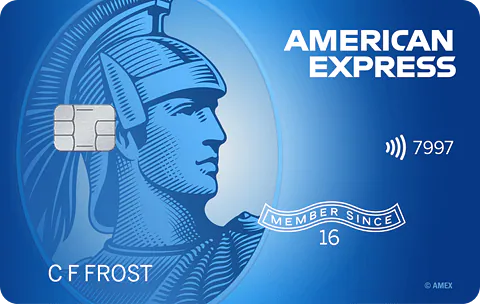
| American Express Blue Cash Everyday® Card | $0 | 18.49% | – | American Express | Yes | See offer |
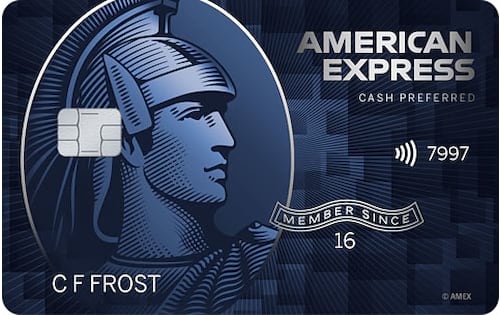
| American Express Blue Cash Preferred® Card | $95 | 18.49% | $30,000 | American Express | Yes | See offer |
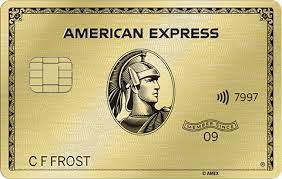
| American Express® Gold Credit Card | $250 | 20.49% | $25,000 | American Express | No | See offer |
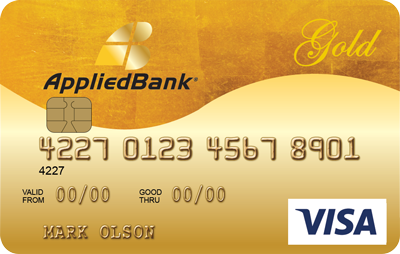
| Applied Bank Secured Visa® Gold Preferred® Card | $48 | 9.99% | $5,000 | Visa | No | See offer |
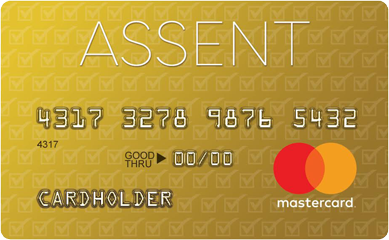
| Assent Platinum 0% Intro Rate MasterCard® Secured Credit Card | $49 | 12.99% | $2,000 | Master Card | No | See offer |
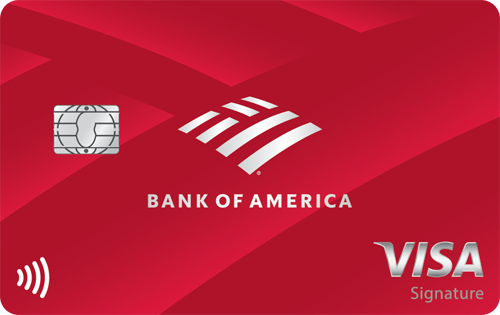
| Bank of America® Customized Cash Rewards Card | $0 | 17.49% | – | Visa | No | See offer |
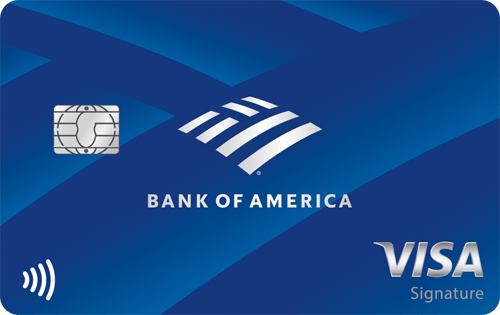
| Bank of America® Travel Rewards Card | $0 | 18.49% | – | Visa | No | See offer |
| Company |
|---|

|

|

|

|

|

|

|

|

|

|

|

|

|

|

|

|

|

|

|

|

|

|
| Company | Overall Rating | Card name | Annual Fee | APR: | Max. Credit | Card System | Travel Insurance | Get Started |
|---|---|---|---|---|---|---|---|---|

| Chase Sapphire Reserve® Card | $550 | 21.49% | $10,000 | Visa | Yes | See offer | |

| First Latitude Platinum Mastercard® Secured Credit Card | $25 | 23.74% | $2,000 | Master Card | No | See offer | |

| OpenSky® Plus Secured Visa® Credit Card | $0 | 29.99% | $3,000 | Visa | No | See offer | |

| First Progress Platinum Elite Mastercard® Secured Credit Card | $29 | 24.49% | – | Master Card | No | See offer | |

| PenFed Pathfinder® Rewards Visa Signature® Card | $95 | 17.99% | – | Visa | No | See offer | |

| PenFed Platinum Rewards Visa Signature® Card | $0 | 17.99% | – | Visa | No | See offer | |

| PenFed Power Cash Rewards Visa Signature® Card | $0 | 17.99% | – | Visa | No | See offer | |

| OpenSky® Secured Visa® Credit Card | $35 | 25.64% | $3,000 | Visa | No | See offer | |

| Surge® Platinum Mastercard® | $75 | 29.99% | $2,000 | Master Card | No | See offer | |

| Total Visa® Unsecured Credit Card | $75 | 35.99% | $300 | Visa | No | See offer | |

| Upgrade Card | $0 | 14.99% | $25,000 | Visa | No | See offer | |

| Upgrade Cash Rewards Visa® | $0 | 14.99% | $25,000 | Visa | No | See offer | |

| Upgrade Triple Cash Rewards Visa | $0 | 14.99% | $25,000 | Visa | No | See offer | |

| AAdvantage® Aviator® Red World Elite Mastercard® | $99 | 20.49% | – | Master Card | No | See offer | |

| Aer Lingus Visa Signature® Credit Card | $95 | 20.24% | – | Visa | Yes | See offer | |

| American Express Blue Cash Everyday® Card | $0 | 18.49% | – | American Express | Yes | See offer | |

| American Express Blue Cash Preferred® Card | $95 | 18.49% | $30,000 | American Express | Yes | See offer | |

| American Express® Gold Credit Card | $250 | 20.49% | $25,000 | American Express | No | See offer | |

| Applied Bank Secured Visa® Gold Preferred® Card | $48 | 9.99% | $5,000 | Visa | No | See offer | |

| Assent Platinum 0% Intro Rate MasterCard® Secured Credit Card | $49 | 12.99% | $2,000 | Master Card | No | See offer | |

| Bank of America® Customized Cash Rewards Card | $0 | 17.49% | – | Visa | No | See offer | |

| Bank of America® Travel Rewards Card | $0 | 18.49% | – | Visa | No | See offer |
How Credit Cards Work
Credit cards are physical cards that allow you to make purchases on credit, with the option to repay the amount later. In many ways, they function like short-term loans.
Every time you make a purchase online or in stores, your card details are sent to the merchant’s bank. The bank then gets authorization from the credit card company to approve the transaction.
Once the transaction is approved, the merchant is paid and your credit limit is reduced accordingly.
There are various types of credit cards, but these 3 features are quite common:
- Credit Limit – Credit cards come with a credit limit that you can use to make purchases and then repay it at a later date.
- Interests – Credit cards can come with interest if you carry a balance.
- Rewards – Many credit cards help you earn rewards on certain purchases in the form of miles, points, or cashback.
Standard Credit Cards: These are no-frills credit cards that come with a specified credit limit and standard fees. They usually do not offer rewards or benefits beyond the ability to make purchases. They are suitable for individuals looking for a basic credit option without the need for extras.
Balance Transfer Credit Cards: Designed for users with existing credit card debt, these cards allow the transfer of balances from high-interest cards, typically offering low or 0% introductory APR for a set period. This can significantly reduce the interest paid on the debt, making it easier to pay it down.
0% APR Credit Cards: These cards offer an introductory 0% interest rate on purchases and/or balance transfers for a specified duration, usually ranging from 6 to 18 months. This feature allows cardholders to make significant purchases or shift existing debts without accruing interest during the promotional period.
Soft Pull Credit Cards: These cards allow users to check their eligibility with a soft credit inquiry, which does not affect their credit score. This feature is beneficial for those looking to explore options without the risk of negatively impacting their credit standing before deciding to apply for a card.
Rewards Credit Cards: These cards allow users to earn points, or miles on every purchase. Points can be redeemed for travel, merchandise, gift cards, or statement credits. Different cards may offer varying reward structures, such as bonus points in specific categories (e.g., dining, groceries).
Cashback Credit Cards: Cashback cards provide a percentage of the spending amount back to the user, either as a direct cashback or as a statement credit. The cashback rate can differ by category, with some cards offering higher percentages for specific types of purchases like gas or online shopping.
Travel Credit Cards: Aimed at frequent travelers, these cards offer perks such as airline miles, hotel points, and travel insurance. Many also come with benefits like no foreign transaction fees, access to airport lounges, and travel-related discounts. Users can often redeem rewards for flights, hotel stays, or travel experiences.
Secured Credit Cards: These are designed for individuals looking to build or rebuild their credit. To obtain a secured card, users must provide a cash deposit that typically serves as their credit limit. Responsible usage of a secured card can help improve a credit score, making it easier to qualify for unsecured cards in the future.
Student Credit Cards: Specifically designed for college students, these cards help young adults start building credit history. They often feature lower credit limits and may offer rewards for purchases, such as cashback or points that can be redeemed for merchandise. They also typically have lower requirements for approval.
Low Interest Rate Credit Cards: These cards are ideal for users who may carry a balance from month to month. They come with lower annual percentage rates (APRs) compared to standard credit cards, which can result in significant savings on interest charges for those who don’t pay their balance in full every month.
Business Credit Cards: Tailored for business expenses, these cards help separate personal and business financial transactions. They often provide rewards on business-related purchases, expense tracking tools, and features like employee cards. Many business cards also offer additional benefits like travel insurance and discounts on business services.
Store Credit Cards: Issued by specific retailers, these cards generally provide exclusive discounts, promotions, and rewards for shopping at the store. While they can save money on purchases, they often come with higher interest rates and limited usability outside the issuing retailer.
Different Types of Credit Cards
Pros and Cons of Credit Cards
Credit cards are a common financial service, but the fact that many people use them doesn’t mean they’re right for you.
To help you decide, here’s a list of pros and cons associated with the activation and use of a credit card.
Convenient Payments: Credit cards make shopping easier. You can buy things without carrying cash.
Builds Credit: Using a credit card responsibly can improve your credit score, making it easier to get loans in the future.
Rewards Programs: Many credit cards offer points, cashback, or travel rewards for your purchases, helping you earn benefits.
Emergency Funds: In case of unexpected expenses, a credit card can provide a safety net when you need it most.
Pros
High Interest Rates: If you don’t pay your balance in full, you might owe a lot in interest, making your purchases more expensive.
Debt Risk: It’s easy to overspend with a credit card, leading to debt that’s hard to pay off.
Fees: Some credit cards come with annual fees or late payment fees, which can add to your costs.
Credit Score Damage: Missed payments or high balances can hurt your credit score, making future borrowing difficult.
Cons
The Best Credit Cards in 2025
The choice of the best credit card is highly personal, use this list just as a starting point for your analysis.
Always pick a credit card based on your own requirements and financial situation.
Chase Sapphire Reserve® Card: Best for Travelers
High Rewards Rates: The card offers 3 points per dollar spent on travel and dining, which allows travelers to accumulate points quickly for future redemptions.
Generous Sign-Up Bonus: New cardholders can earn a substantial welcome bonus (e.g., 60,000 points after spending a certain amount within the first few months), which can significantly boost the value of the card right from the start.
Annual Travel Credit: Cardholders receive a $300 annual travel credit that can be applied toward various travel expenses, effectively offsetting part of the card’s annual fee.
Flexible Point Redemption: Points earned can be redeemed through the Chase Ultimate Rewards® program, allowing for versatile options such as travel, merchandise, or cashback. Points can also be transferred to numerous airline and hotel loyalty programs at a 1:1 ratio.
Additional Travel Benefits: The card offers perks such as access to airport lounges, Global Entry or TSA PreCheck fee reimbursement, travel insurance protections, and no foreign transaction fees. These benefits enhance the overall travel experience.
Premium Travel Services: Cardholders can enjoy premium services that make traveling more convenient, like concierge service and various travel protections (trip cancellation, interruption insurance, etc.).
Strong Travel Protection: The card provides various protections for travelers, such as trip delay reimbursement and auto rental collision damage waiver.
Pros
High Annual Fee: The card has a hefty annual fee of $550, which can be a significant drawback for those who don’t travel frequently enough to justify the cost.
High Spending Requirement for Bonus: To earn the initial welcome bonus of points, cardholders must spend a substantial amount (like $4,000) within the first few months. This may be challenging for some users.
Complex Reward Structure: While the rewards system is generous, it can also be complex, which may confuse some users, especially those unfamiliar with travel rewards or the Chase Ultimate Rewards program.
Potential for Overspending: The allure of earning points for travel might encourage some users to overspend to achieve rewards, leading to potential debt.
Limited to Certain Travel Activities: The $300 annual travel credit is only applicable to travel-related purchases, which might not be considered a benefit for users who don’t travel often or have limited travel-related expenses.
Eligibility and Approval: Given its premium status, the card may require a good to excellent credit score for approval, which can exclude potential users with lower credit scores.
Foreign Transaction Fees for Some Users: While the card generally doesn’t charge foreign transaction fees, some users may encounter charges depending on specific transactions or activities.
Points Expiration: Points can expire if the cardholder closes the account or does not have any activity in the account for a certain period, which could be a concern for infrequent users.
Cons
How To Select a Credit Card
Steps
Identify Needs
Start by thinking about your financial habits and goals. Do you want to earn rewards for travel or cashback for everyday purchases? Or perhaps you need a card to help build your credit history. Understanding your needs will help narrow down your options.
Check Credit Score
Before you dive into applications, it’s essential to check your credit score. Many services offer free credit reports. Knowing your score will help you determine which credit cards you are likely to qualify for and ensure you choose the right card for your credit level.
Research Options
Take the time to explore various credit cards available in the market. Look at major banks, credit unions, and online lenders. Compare their features like interest rates, rewards programs, and any special offers to find cards that align with your needs.
Read the Fine Print
Once you have a list of potential cards, it’s crucial to read the terms and conditions carefully. Look for details about the interest rates (APR), how they change over time, and any fees associated with the card. Understanding these aspects can save you from unexpected costs later on.
Consider Fees
Some credit cards come with additional costs. Check for annual fees, late payment fees, and foreign transaction fees. If you travel often, a card with no foreign transaction fee may be beneficial. Choose a card whose fee structure fits your spending habits to minimize extra costs.
Evaluate Rewards
If you’re looking for rewards, assess how the program works. Some cards offer cashback, while others give points that can be redeemed for travel or merchandise. Look for categories where you spend the most, like groceries or gas, to maximize your rewards.
Check Promotions
Many credit cards offer enticing sign-up bonuses or introductory offers, such as 0% APR for the first few months. These promotions can provide significant value, so be sure to factor them into your decision. However, ensure you can meet any spending requirements associated with these bonuses.
Apply Smartly
Once you’ve narrowed down your choices, it’s time to apply. You can usually apply online or in person at a bank. Be sure to fill out your application accurately and completely to avoid delays or denials. Consider applying for just one card at a time to minimize the impact on your credit score.
How Many Credit Cards Should You Have?
You can choose zero, one, or many credit cards—any of these options could be right for you.
Decide how many you need based on your financial situation and your ability to cover fees and repay any debt.
We listed the common pros and cons of having many credit cards.
More Rewards: Different cards often have different rewards programs, so using multiple cards can help you maximize your cashback or points.
Higher Credit Limit: Having several cards can increase your overall credit limit, which may improve your credit score if you keep your balances low.
Credit Utilization: Multiple cards can help spread out your spending, keeping your credit utilization ratio lower, which is good for your credit score.
Backup Options: If one card is lost or stolen, having others ensures you can still make purchases without interruption.
Pros
Managing Payments: It can be tricky to keep track of due dates and payments for multiple cards, increasing the risk of missed payments.
Potential Fees: Some credit cards have annual fees, so having many cards can lead to higher costs.
Debt Accumulation: More cards can lead to overspending, as it might be easy to forget how much you owe across all accounts.
Credit Score Impact: Each application can result in a hard inquiry on your credit report, which may temporarily lower your credit score.
Cons
FAQ About Credit Cards
What Is a Credit Card?
Credit cards are physical cards you can use to make purchases on credit, and repay the amount at a later time. It’s like short-term loan in many ways.
When you open a credit card account you get a set credit limit from the credit card issuer. This is the amount of money the credit card company allows you to use to pay bills or make purchases.
Every time you use your card, your credit limit reduces. You then pay back what you’ve spent in monthly repayments.
Note: Credit cards can be secured or unsecured. Secured credit cards typically require a cash deposit or a form of collateral to open, which also doubles as your available credit limit.
Credit cards are very convenient and can help you pay bills when you’re short on cash. You can also save money or earn rewards while building your credit with healthy spending habits.
You can also pre-qualify with no impact on your credit report by comparing soft pull credit cards.
How Do Credit Cards Affect Your Credit Score?
In many cases, opening a new credit card can actually boost your current FICO score overall, some more than others.
In fact, you might be shocked to learn that you technically need to have 21 lines of credit open to hit the perfect 850 FICO score.
Example: You have a credit score of 600 but only have one credit card with a $2,000 limit. By opening a second card with an $8,000 limit on it, you might see your score shoot up by 80+ points on your FICO reports.
There are many reasons for this, but basically, if you can show creditors that you can successfully manage large lines of credit, they consider you trustworthy.
This behavior is viewed as a positive to other lenders who are willing to now work with you more because you display a healthy relationship with managing money.
Note: A FICO score is a credit score created by the Fair Isaac Corporation (FICO).
FICO scores use data in five different areas to determine a borrower’s creditworthiness: payment history, the current level of indebtedness, types of credit used, length of credit history, and new credit accounts.
What Are the Risks of Having a Credit Card?
If you overextend yourself and are unable to pay down your new credit limits, you may find yourself in a problematic debt cycle.
A debt cycle where you are unable to pay your bills will be detrimental to your credit score.
Any new credit card applications will cause a hard inquiry, which might negatively impact your credit score by 1-4 points.
Approval means access to more credit, which in turn means a higher credit score overall. You typically won’t notice too much of a credit card hit if you apply for a credit card every four months or more.
Note: If you do notice a large hit to your credit score, you can generally wait about three months, and your credit score should recover overall if there are no other outside influences.
Sometimes a significant dip in your score can be caused by too many new credit applications. Credit bureaus see too many applications as high risk and assume your creditworthiness is low.
How Long Does It Take To Get a Credit Card?
Most credit card applications are fast and can be done online. The acceptance process can take up to two weeks from application to receiving your card in the mail.
How Old Do I Have To Be To Get a Credit Card?
You have to be at least 18 years of age to hold a credit card account in your name.
How Can I Lower the Interest Rate on Your Card?
Since you agreed to the credit card terms, you may have a hard time getting the issuing bank to reduce the interest, but it’s not impossible. Here are a few tips to help drop that interest rate:
- Call your lender and ask for a lower rate.
- Search for new-customer deals for your card and request that rate.
- If all else fails, sign up for a new card with a lower rate and transfer the balance.
Always remember that credit cards are like any other financial service: Everything is negotiable. Don’t be afraid to call your credit card company and ask them to lower your interest or waive an annual fee.
How Can I Find the Best Credit Card Rates?
Credit card rates can vary greatly between issuers, and the only way to find the best one for you is to shop around. But don’t search at random. Instead, write down a list of what you need in a credit card and put them in order of importance. This will help you whittle down the massive list of available credit cards to just a few that offer the best benefits for your situation and help you learn how to compare credit cards. Here are some of the rates to consider when shopping for a credit card:
- Promotional interest rate
- Fixed interest rate
- Foreign transaction rates
- Balance transfer rates
What Should I Know About Rates, Fees, and Penalties?
Credit cards are physical cards you can use to make purchases on credit, and repay the amount at a later time. It’s like short-term loan in many ways.
When you open a credit card account you get a set credit limit from the credit card issuer. This is the amount of money the credit card company allows you to use to pay bills or make purchases.
Every time you use your card, your credit limit reduces. You then pay back what you’ve spent in monthly repayments.
Note: Credit cards can be secured or unsecured. Secured credit cards typically require a cash deposit or a form of collateral to open, which also doubles as your available credit limit.
Credit cards are very convenient and can help you pay bills when you’re short on cash. You can also save money or earn rewards while building your credit with healthy spending habits.
You can also pre-qualify with no impact on your credit report by comparing soft pull credit cards.
Credit Cards vs Debit Cards: what’s the difference?
When you’re making purchases with a debit card you are spending your own money in the bank, which is different from a credit card where you’re spending money you don’t own.
Debit cards are typically linked to your checking account. When you make a purchase, the money is automatically deducted from your bank account.
Credit cards also have an impact on your credit score directly. Making credit card payments on time and staying within your credit limit can help to improve your credit.


